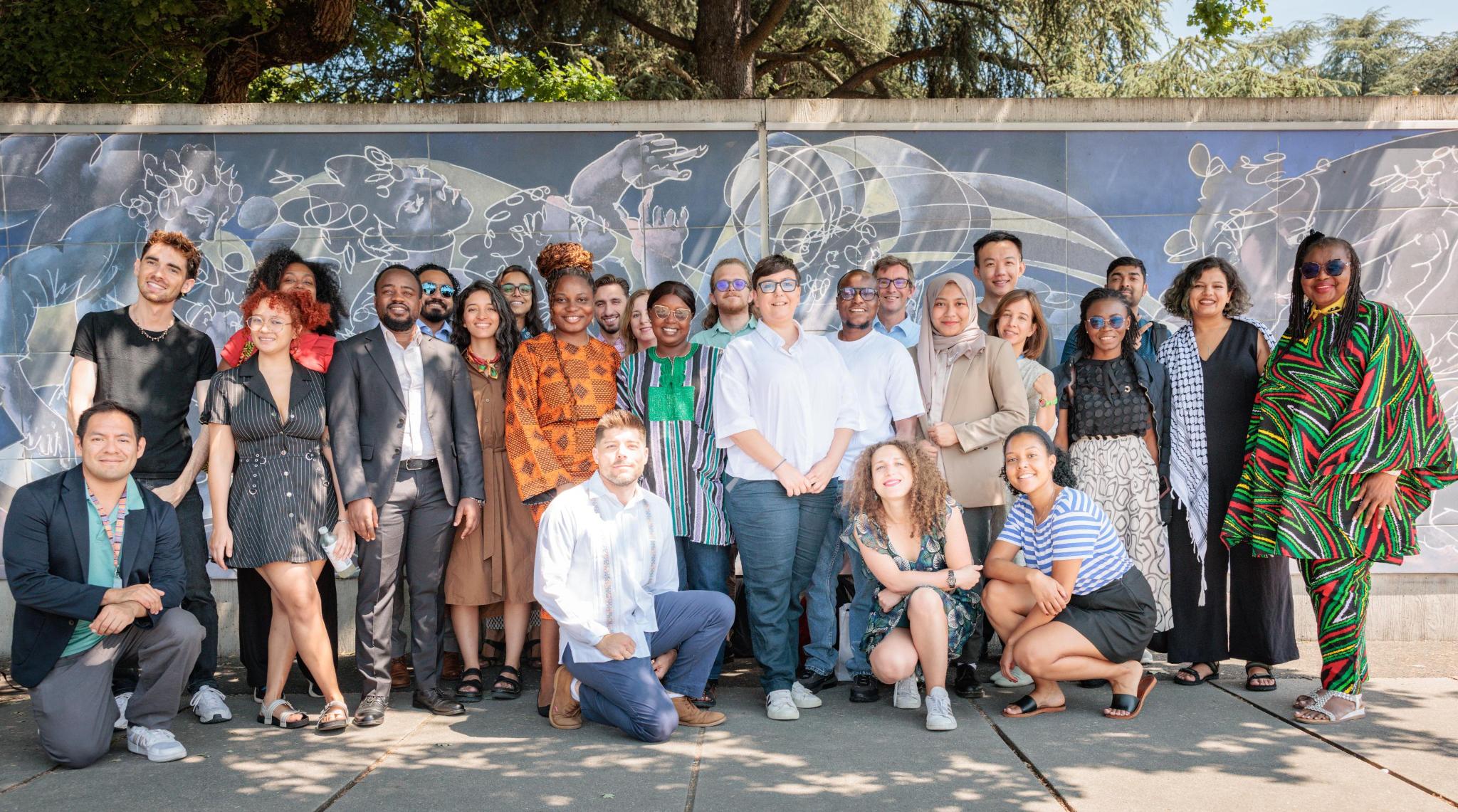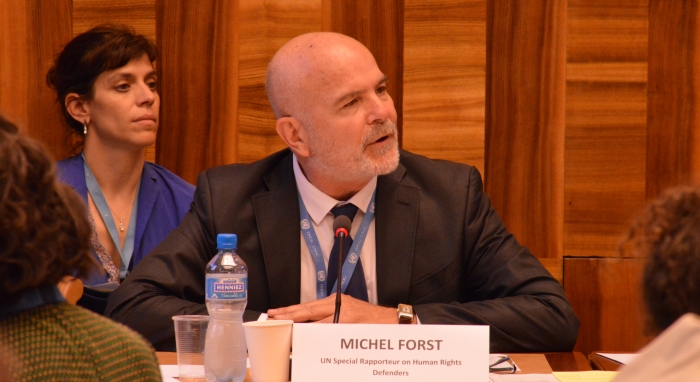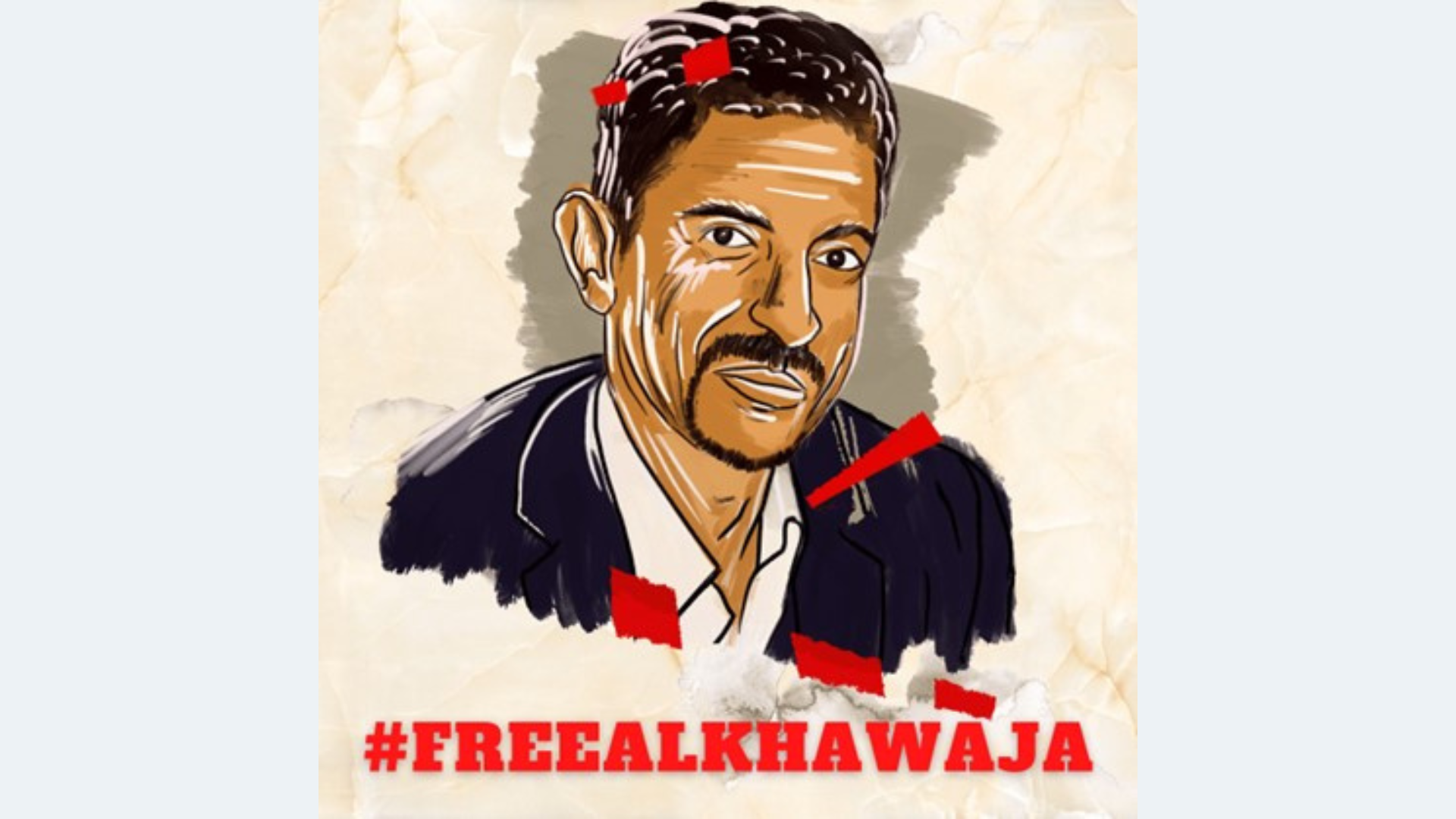(Geneva) – The investigation and prosecution of attacks against human rights defenders, together with the recognition and protection of defenders in national laws and policies, should be key priorities of the new UN Special Rapporteur on Human Rights Defenders, according to a consultation convened by the International Service for Human Rights in partnership with the UN Office of the High Commissioner for Human Rights.
The consultation, held in June, brought together forty human rights advocates and activists working at the national, regional and international levels with a view to informing the agenda and priorities of the new Special Rapporteur, Michel Forst. The Special Rapporteur is mandated by the Human Rights Council to report to the UN on the situation of defenders and contribute both to implementation of the Declaration on Human Rights Defenders and the protection of defenders from threats and attacks.
Participants at the consultation identified a range of human rights defenders who face particular risks because of their identities or the nature of their work. These included women human rights defenders and those who work on issues of sexual orientation and gender identity or who challenge ‘traditional values’ and cultural and religious practices; defenders who work on issues of corporate accountability or protest against extractive industries and major development projects; and defenders who work to expose corruption or combat impunity for gross violations.
‘The issue of impunity was a significant theme in this consultation,’ said ISHR’s Michael Ineichen, who chaired the meeting. ‘There are two key aspects of this issue. First, attacks against human rights defenders continue to be perpetrated with a very high level of impunity, with less than one in ten being properly investigated or prosecuted. Second, human rights defenders who work to combat impunity – such as those in Kenya who are perceived to support the International Criminal Court cases against President Kenyatta and Deputy President Ruto – are facing worsening intimidation and harassment.’
Participants also identified a number of key and emerging threats and restrictions to the work of defenders, ranging from use of force against peaceful protesters, to arbitrary detention, to defamation and smear campaigns, to online and offline surveillance, and the use and abuse of counter-terrorism laws and measures to silence dissent.
According to Mr Ineichen, ‘This meeting confirmed that human rights defenders in all regions continue to face serious threats, from physical attacks against women human rights defenders in Pakistan, to worsening legislative restrictions on civil society in Ethiopia, to reprisals against those who seek accountability for human rights violations at the UN in Sri Lanka, to the surveillance of activists working on business and human rights in the US, Canada and Mexico. The meeting also confirmed the importance both of improving the protection of human rights defenders at the national level and their access to and protection by the UN.’
In addition to focusing on risks and threats, participants in the consultation also discussed a range of priorities and strategies to improve the situation of human rights defenders. Recommendations in this regard included that States should incorporate the provisions of the Declaration into domestic law and establish national protection mechanisms (such as in Cote d’Ivoire and Mexico), and should review and repeal defamation, sedition, national security and other laws that are used and misused to restrict the legitimate work of defenders. Participants considered that more States should develop and implement guidelines for their missions abroad to assist and support human rights defenders at risk, citing the EU, Norwegian and Swiss Guidelines as positive examples in this regard.
Participants also agreed on the need to strengthen the protection of human rights defenders who engage with the UN, with the Special Rapporteur having a role to play in investigating and promoting accountability for intimidation and reprisals against those who cooperate with international human rights mechanisms. The Special Rapporteur was also encouraged to enhance access to information about the mandate, including through more extensive social media engagement and possibly a dedicated website, such as that developed by the Special Rapporteur on Freedom of Association and Assembly. Promoting the positive role and impact of human rights defenders, including through social media, was seen as crucial to raising public awareness and support for their work.
Speaking after the meeting, UN Special Rapporteur Michel Forst said ‘In addition to focusing on the protection of human rights defenders, I intend to promote a focus on prevention, ensuring that both State and non-State actors understand the importance of the work of defenders and develop laws and policies to promote and support rather than restrict and impede that work.’
This meeting was the first in a series of consultations that Mr Forst proposes to conduct in all regions of the world to identify key issues, priorities and activities for his mandate. For further information and to contact the Special Rapporteur, see: http://www.ohchr.org/EN/Issues/SRHRDefenders/Pages/SRHRDefendersIndex.as…




